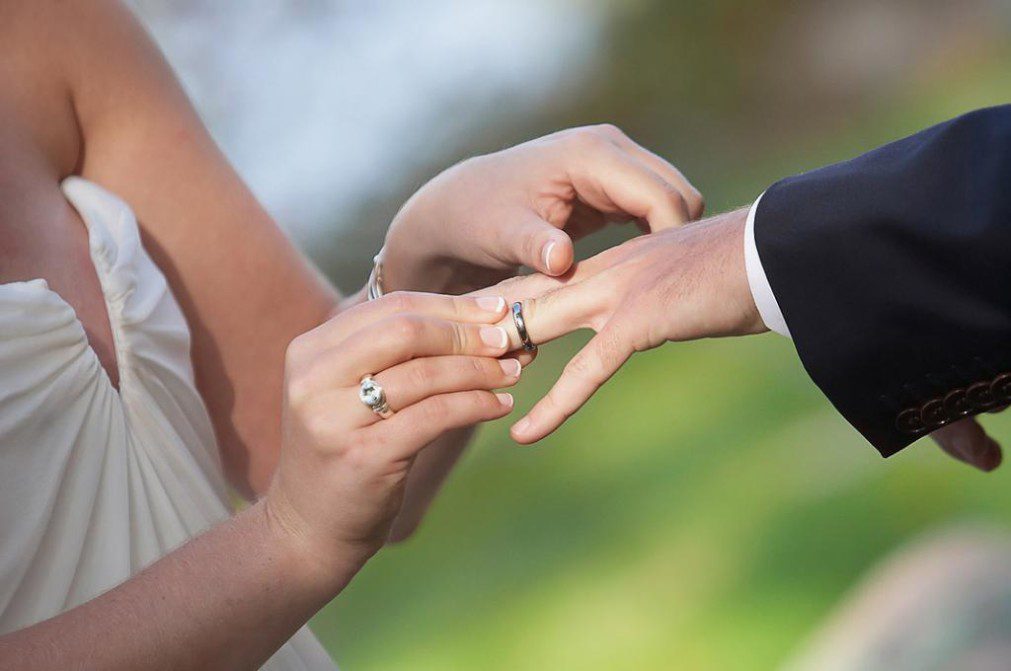Arranged marriages are synonymous with negative images of involuntary unions and forced love. However, arranged marriages appear to be more successful, with a significantly lower divorce rate globally.
On a global scale, 55 per cent of marriages are arranged. Of these, only six per cent end in divorce. For the rest of the world, the divorce rate is as high as 60 per cent. In Australia, approximately one in three marriages fail.
In many cultures, the separation or ending of an arranged marriage is not an option; and this could help explain the high ‘success rate’. Hussein Abdo Alhadhrami said arranged marriages ‘last longer’ not because they are forced to stay together but because people learn and grow together.
Hussein Abdo Alhadhrami is arranged to be married. For the former University of Wollongong student, arranged marriages are a normal part of life at home in Ash Shihr, Yemen.
He said arranged marriages are not forceful or rushed, but are willingly, and carefully considered by both the participants.
“I realised that the marriage culture in my city does not allow the groom to see the bride face to face or speak to her until the wedding – they only give you a photo of her,” he said.
“I told my family I didn’t want to get engaged in my city because of that reason, so I told them to look for a girl who lives in Aden, as the marriage culture there allows you to see the girl and speak to her before you get engaged.”
Abdo Alhadhrami took the time to meet with women his family had found for him, and wanted to ensure it felt ‘right.’ Although it is different in many cultures and countries, the city of Aden allows women the right to refuse any marriage proposal arranged for them.
“[Family friends] called us and they had found two girls that they thought were a good match for me. I chose one and went with my family to see her. After I spoke to her I didn’t feel she was the right girl for me,” Abdo Alhadhrami said.
“After two days, I went to see the other girl, from the first look and after speaking to her I knew that she was my girl.”
After deciding he had found ‘the one’, Abdo Alhadhrami asked her father for permission to marry.
“In our tradition the father always asks the girl because she might not like you. The next day he told me she had agreed,” he said.
He said arranged marriages are more successful than meeting and getting to know someone over time.
“In an arranged marriage, you get closer by learning new stuff about each other. In other marriages, they know each other for four or five years and then get married after they know everything about each other,” he said.
Many western societies, including Australia, continue to see arranged marriages in a negative light. Abdo Alhadhrami said this is because many people only ever hear about the worst, and ‘less common’ cases.
‘[While] I was in Australia last month, I had a female friend who judged me because she read a story of a girl who was forced by her parents to get married. I explained to her that it only happens to three in 100 marriage or less,” he said.
In his paper, Arranged Marriages in Western Europe: Media Representaitons and Social Reality, academic Roger Penn found arranged marriages were often associated with violence in the media.
“Such media representations strongly affect the way the majority population see arranged marriages. This is part of a wider process of simultaneously demonizing and rendering exotic such ‘oriental’ practices,” Penn said.

